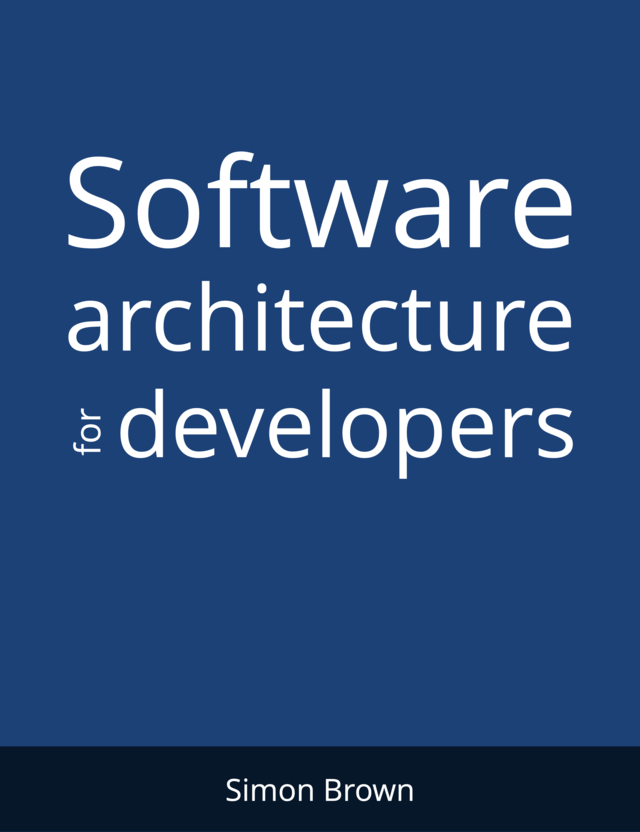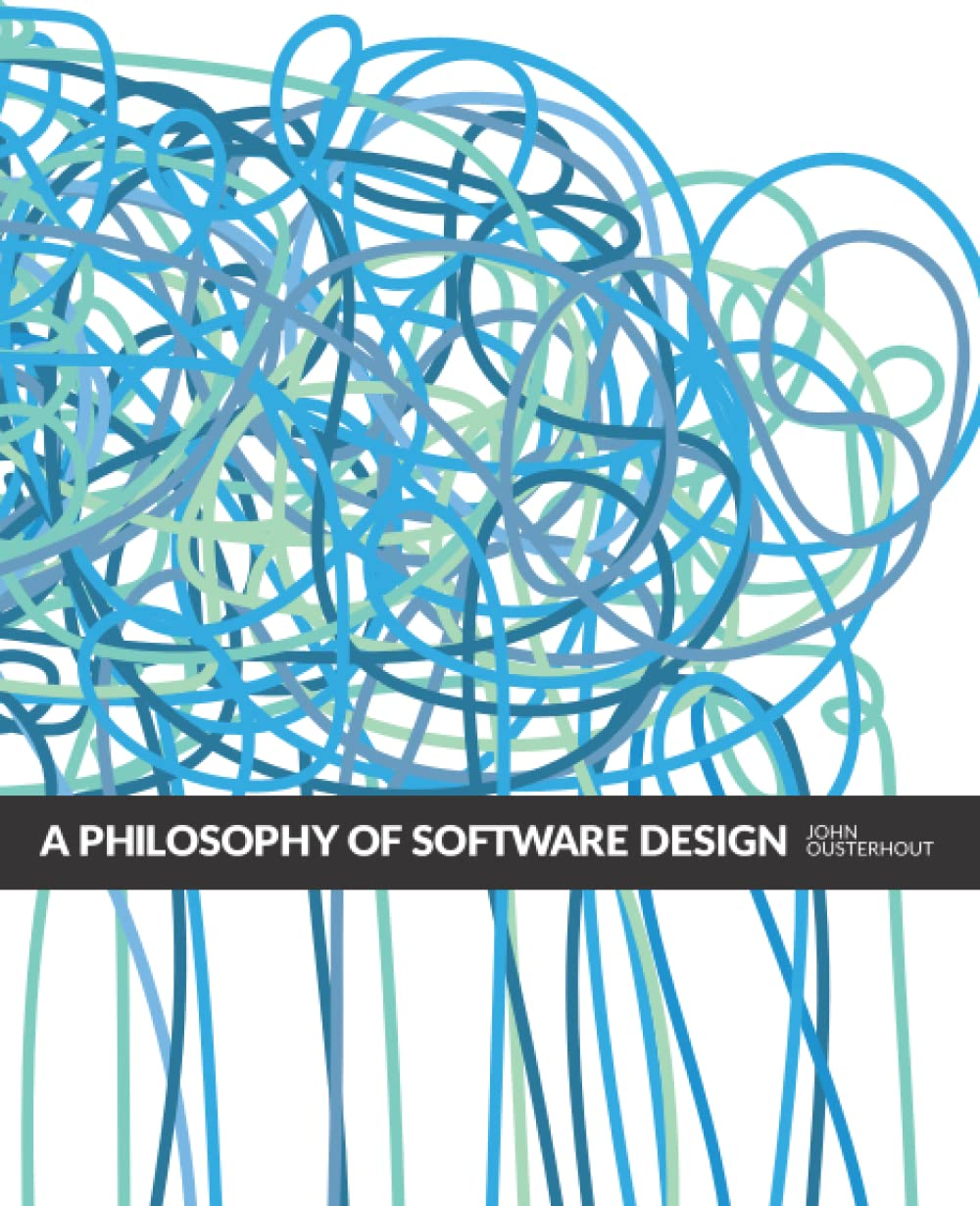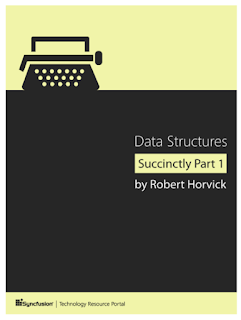https://libgen.is/search.php?req=Steven+Holzner&column=author
1. “The Tipping Point: How Little Things Can Make a Big Difference” by Malcolm Gladwell
• This book explores how small events or trends can create large-scale societal changes, affecting the perceptions and behaviors of individuals and groups over time. Gladwell examines how ideas, products, and social behaviors spread and how collective perceptions shift.
2. “Sapiens: A Brief History of Humankind” by Yuval Noah Harari
• Harari takes readers on a journey through the history of humankind, exploring how our perceptions of reality, culture, and society have shifted over time. The book dives into how collective human behaviors and social constructs have evolved, providing insight into how perceptions change.
3. “The Power of Habit: Why We Do What We Do in Life and Business” by Charles Duhigg
• While focused on habits, Duhigg’s book discusses how individual and societal habits form and change over time. It also highlights how shifting these habits can change perceptions and behaviors on a larger scale.
4. “The Social Animal” by Elliot Aronson
• Aronson’s book focuses on how social psychology shapes human behavior, attitudes, and perceptions. It explores the various factors that change how individuals perceive themselves and others over time, including the impact of culture, media, and historical events.
5. “Outliers: The Story of Success” by Malcolm Gladwell
• In “Outliers,” Gladwell examines how external factors, like culture, timing, and opportunity, can significantly change perceptions of success. Over time, this has led to a reevaluation of what defines “successful” individuals and how societal views of success evolve.
6. “The Road to Character” by David Brooks
• Brooks’ book discusses the evolution of personal character and how societal perceptions of virtues such as humility, integrity, and resilience have changed over time. The book encourages reflection on how cultural shifts affect individual values and behavior.
7. “The Age of Wonder: How the Romantic Generation Discovered the Beauty and Terror of Science” by Richard Holmes
• Holmes explores the Romantic era, looking at how individuals’ perceptions of science and the natural world were forever altered by the discoveries and insights of scientists like Darwin, Faraday, and Herschel. This book illustrates the shifting perceptions of science in the cultural landscape.
8. “Man’s Search for Meaning” by Viktor Frankl
• Frankl’s exploration of his experiences in Nazi concentration camps and his psychological reflections offer a deep look into how people’s perceptions of life, suffering, and meaning shift over time, particularly in response to extreme circumstances.
9. “The Evolution of Everything: How New Ideas Emerge” by Matt Ridley
• Ridley explores the evolution of various aspects of society, from language and culture to economics and technology. His examination of how ideas and perceptions evolve over time offers a broad and engaging perspective on changing human views.
10. “Blink: The Power of Thinking Without Thinking” by Malcolm Gladwell
• In this book, Gladwell examines how snap judgments and unconscious biases shape our perceptions and decisions. Over time, these automatic judgments can shift, influencing how we view the world and the people in it.
These books cover a wide range of topics, from psychology and sociology to history and philosophy, helping readers understand how human perception and understanding evolve over time. They offer compelling insights into the forces that shape both individual and collective perceptions.
==========
1. The Elephant in the Brain
2. The Moral Animal
3. The Red Queen
4. Games People Play
5. The Selfish Gene
6. Subliminal
7. The Lucifer Effect
8. Snakes in Suits
9. Evil: Inside Human Violence and Cruelty
======
https://www.simplethread.com/books-of-2024/?ref=dailydev
https://libgen.is/search.php?req=Expert%27s+voice+in+.NET&column=series
https://libgen.is/search.php?&req=Pro-Developer&phrase=1&view=simple&column=series&sort=extension&sortmode=DESC
Recommended Books on Computer Architecture and Performance
Here are some excellent books to help you learn more about CPU caching, memory hierarchy, and optimization:
Introductory Level
- "Computer Systems: A Programmer's Perspective" by Randal E. Bryant and David R. O'Hallaron
- Perfect starting point for programmers
- Explains memory hierarchy and caching from a practical perspective
- Includes hands-on examples showing how code interacts with hardware
- "Code: The Hidden Language of Computer Hardware and Software" by Charles Petzold
- More accessible introduction to computer fundamentals
- Builds up computer architecture concepts from first principles
Intermediate Level
- "The Art of Computer Programming, Volume 1: Fundamental Algorithms" by Donald E. Knuth
- Classic text with detailed analysis of algorithm efficiency
- Discusses memory access patterns and their impact
- "Programming Pearls" by Jon Bentley
- Contains several essays on performance and memory hierarchy
- Practical examples showing how to optimize algorithms
Advanced Level
- "Computer Architecture: A Quantitative Approach" by John L. Hennessy and David A. Patterson
- The definitive text on modern computer architecture
- In-depth coverage of caching, memory hierarchies, and performance analysis
- Used in graduate-level computer architecture courses
- "What Every Programmer Should Know About Memory" by Ulrich Drepper
- Not a book but a comprehensive paper (freely available online)
- Detailed explanation of memory hierarchy specifically for programmers
Competitive Programming Focus
- "Competitive Programming 3: The New Lower Bound of Programming Contests" by Steven Halim and Felix Halim
- Specific focus on algorithms and data structures for competitions
- Includes discussions on optimization and efficient memory access
- "Algorithms for Competitive Programming" by Alexander Kulikov and Pavel Pevzner
- Modern approach to competitive programming algorithms
- Includes analysis of why certain approaches are faster than others
Any of these resources will deepen your understanding of how CPU caching and memory access patterns affect the performance of your code. I'd recommend starting with "Computer Systems: A Programmer's Perspective" as it's specifically written for programmers rather than computer architects


































































No comments:
Post a Comment